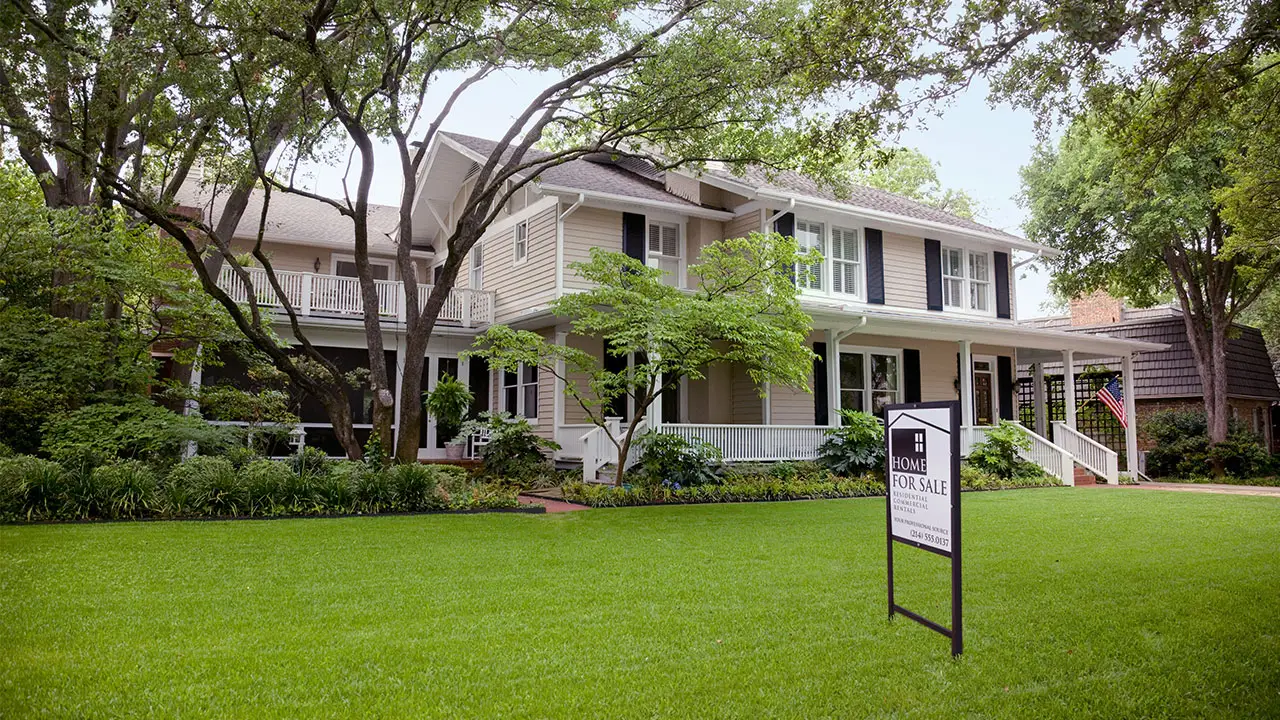There are a number of good reasons why FHA financing has become the preferred option for many homebuyers. However, it also comes with its own set of difficulties, and prospective homebuyers need to be aware of both the benefits and drawbacks of going this route for their home financing. Let’s go over the benefits and drawbacks of FHA financing so you can have a better idea of your options when it comes to buying a home.
Benefits of FHA Financing Less Money Needed Upfront: Conventional financing typically requires a minimum of 5% down, whereas FHA financing currently requires a 3.5% down payment. In addition, FHA financing currently does not require a buyer to have any additional savings after the purchase, whereas conventional financing typically requires the buyer to have at least two months’ worth of mortgage payments in the bank after closing as a safety precaution. The FHA buyer typically has the ability to purchase a home with less down payment because of these less stringent requirements.
With a credit history that is recent or slightly tarnished, FHA financing typically offers greater flexibility. A person’s credit history must typically be established for conventional financing, with little room for credit bruises like collections or late payments. FHA has more liberal rules on this which can help the purchaser whose credit is fresher or has encountered a few difficulties.
Ability to Purchase a More Expensive Home: For buyers with average to strong credit, FHA financing typically allows a higher debt-to-income ratio than conventional financing does, provided you stay within the FHA’s maximum loan amount. In many instances, this can assist an FHA buyer in receiving approval for a larger loan amount than a conventional homebuyer.
Additional paperwork is required to approve and close an FHA mortgage because of the Federal Housing Administration’s (FHA) guarantee. This is one of the disadvantages of FHA financing. Although this is typically a minor issue, the prospective homeowner should be aware of it in advance.
Higher Property Standards: The Federal Housing Administration places a high value on the security and stability of the homes it finances. They hold these properties to a higher standard than is typically required by conventional financing as a result. The buyer of a house with FHA financing should talk to their lender about the property before making an offer on it to see if there are any features that might make the house in its current condition ineligible for FHA financing.
Higher Mortgage Costs: The FHA currently charges the buyer of a home a 1.75 percent upfront mortgage insurance premium. This expense can be financed into the loan or paid for at the closing, giving the buyer some leeway; nevertheless, it will have to be paid for at some point. Additionally, conventional financing typically has lower monthly mortgage insurance costs than FHA financing. When looking for a home, the buyer should check with their lender to find out what the upfront and monthly costs are and how they stack up to the conventional loan’s mortgage insurance cost.
While there are a few other minor differences between FHA and conventional financing, these are the most important aspects that a homebuyer should take into account when choosing financing. Conventional financing is typically simpler and less expensive for a buyer who has good credit, money saved for a down payment, and enough room between their income and bills. However, the Federal Housing Administration (FHA) is a viable option for a buyer with less-than-perfect credit, insufficient savings, or debt-to-income ratios.









